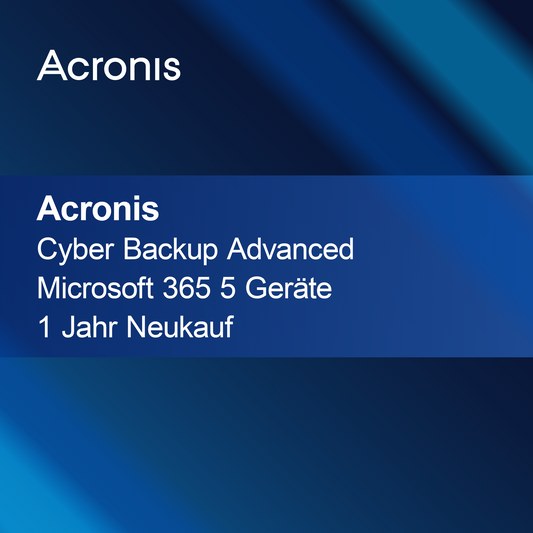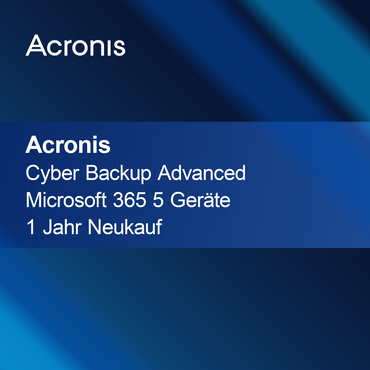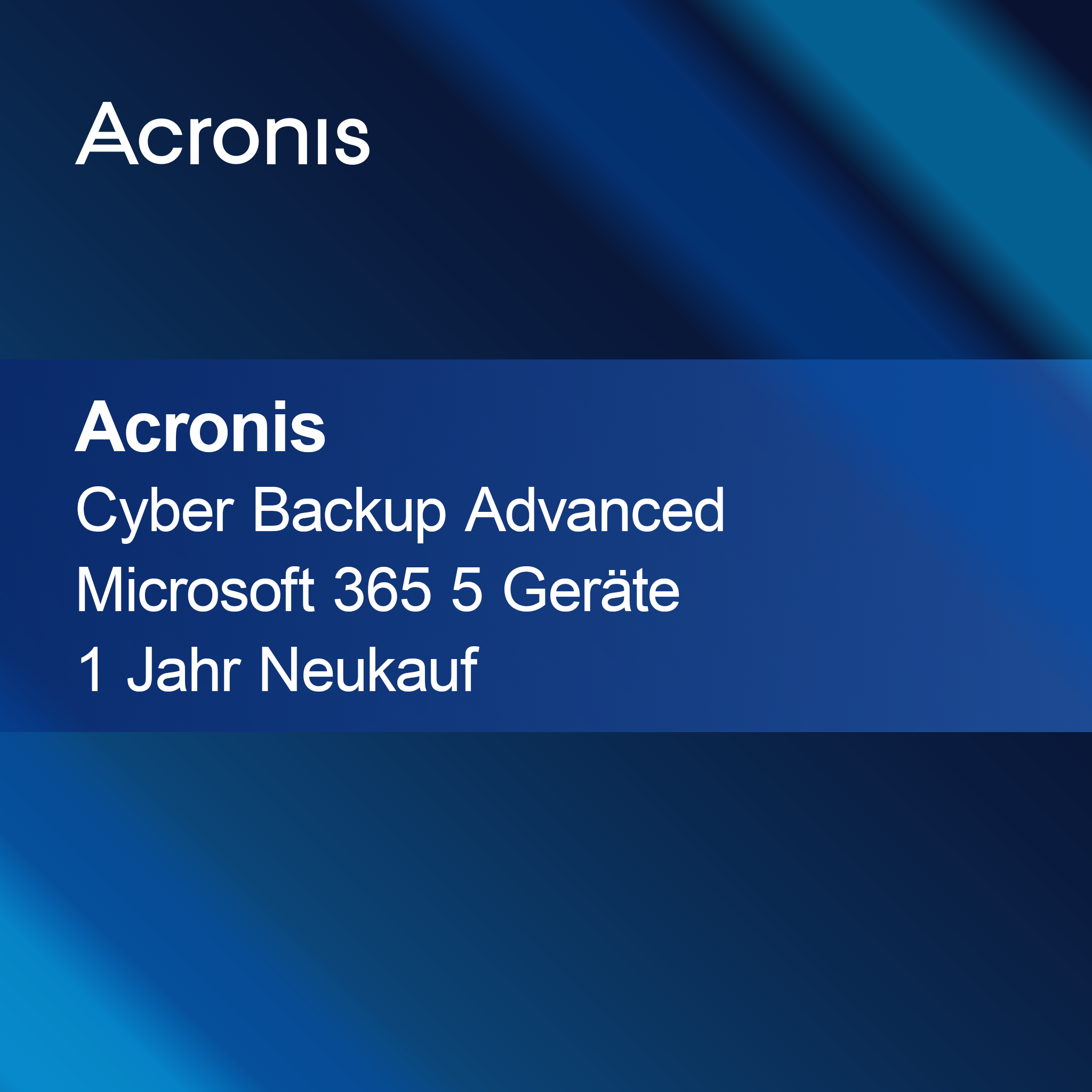No products found
Use fewer filters or remove all
Disk Management
What is disk management and why is it important?
Disk management is a crucial process for organizing and managing the data on your hard drive. It allows you to create, delete, or format partitions to optimize storage space. Well-planned disk management helps improve your system's performance and prevent data loss. If you regularly store or manage large amounts of data, effective disk management is essential.
What functions does disk management offer?
The disk management offers a variety of functions that help you efficiently manage your hard drive. These include creating and deleting partitions, formatting drives, and assigning drive letters. These functions allow you to better organize storage space and optimize your system's performance. Additionally, with disk management, you can also monitor the status of your drives and detect problems early.
How can I access disk management?
To access disk management, you can usually use the Control Panel or the Disk Management tool of your operating system. In Windows, you can find Disk Management by right-clicking the Start menu and selecting "Disk Management." There you will get an overview of all connected drives and their partitions, which makes management easier for you.
What should I consider when partitioning?
When partitioning your hard drive, it is important to carefully plan the size and purpose of each partition. Consider what data you want to store and how much space you need for it. Make sure to reserve enough storage space for the operating system and applications. Incorrect partitioning can lead to data loss or inefficient use of storage space, so thorough planning is advisable.
- Creating and deleting partitions for optimal use of storage space
- Formatting drives for use with different file systems
- Monitoring the status of drives to detect problems early
How can I back up my hard drive?
To back up your hard drive, you should perform regular backups of your data. This can be done either manually or automatically, depending on your preferences. Use external hard drives or cloud services to store your data securely. Regular backups protect you from data loss due to hardware failure or accidental file deletion and ensure that you can quickly access your data in an emergency.
What tools are available for disk management?
There are various hard drive management tools that can help you manage your drives efficiently. Many operating systems offer built-in features, such as Disk Management in Windows. Additionally, there are third-party software options that provide advanced functions, such as data recovery or optimizing hard drive performance. Choose a tool that meets your needs and offers a user-friendly interface.
How can I tell if my hard drive is defective?
Signs of a defective hard drive can include slow loading times, frequent crashes, or unexpected error messages. If you hear unusual noises, such as knocking or grinding, this could also indicate a problem. Use tools to check the hard drive status to identify possible errors. If you suspect a defect, you should immediately perform a data backup and have the hard drive checked or replaced.














